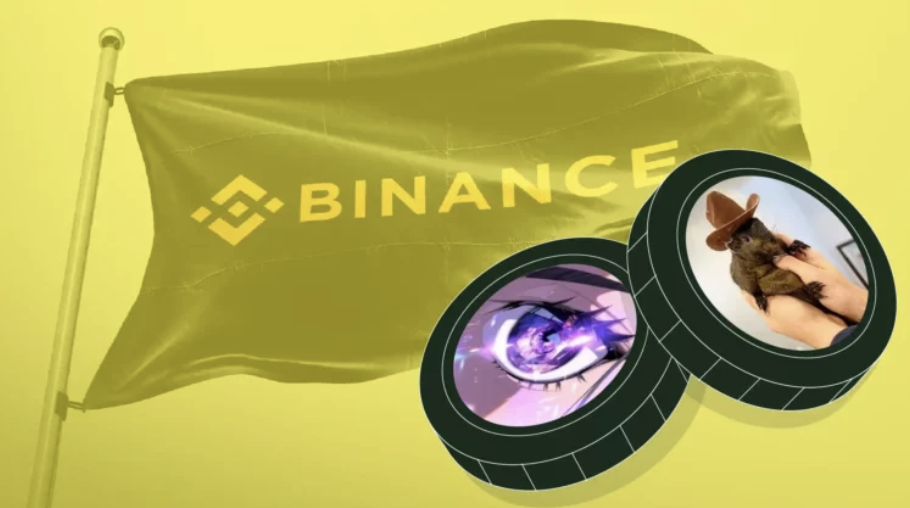The crypto community has been lit abuzz over a decentralized ‘Ethereum Supreme Court’ proposed by Matter Labs Founder to resolve on-chain disputes.
Matter Labs Ethereum Supreme Court For Decentralized Justice
Alex Gluchowski, Founder and CEO of Matter Labs, a technology company specializing in layer 2 scaling solutions, has presented a new innovative approach to solving controversies in the decentralized space.
In an X (formerly Twitter) post, Gluchowski put forward a plan to create and implement an ‘Ethereum Supreme Court’ that would handle all debates and disagreements made in the Ethereum ecosystem.
Gluchowski proposed an Ethereum Supreme Court could protect the Ethereum network from political interference and provide solutions to unsolved issues in the network like centralization and smart contract implementation risks.
“Smart contract implementation risks remain the biggest unsolved problem of Defi. L2s are equally affected,” Gluchowski said.
He added that “the most important function of such a system will be to protect protocols against political inference from the outside. It will serve as a great deterrence mechanism, and will elevate the role of Ethereum as a powerful network state.”
Gluchowski provided a detailed description of how the court system would operate. He explained that the system would work as a multi-layered system similar to the United States court system.
He stated that the Ethereum court would have several on-chain courts organized in a hierarchy with “L1 Fork as the Court of Final Appeal.”
According to Gluchowski, the courts will be developed in a fully decentralized manner with different standing, members, and fees. There would also be an appeal process to maintain fairness and accountability as the Supreme Court deliberates on disputing parties’ petitions.
Smart contract implementation risks remain the biggest unsolved problem of Defi. L2s are equally affected.
Let me pitch an idea: L1 Fork as the Court of Final Appeal.
First, why existing solutions don’t work:
1) Time-locked upgrades are great for scheduled changes, but… pic.twitter.com/EcaogkZBH9
— Alex G. ∎ (@gluk64) September 2, 2023
Despite experiencing major declines and threats to its rank, Ethereum remains the second-largest blockchain and cryptocurrency by market capitalization. Although the ecosystem has evolved and advanced rapidly over the years, there have been several network complexities and issues among decentralized autonomous organizations (DAOs) that have been difficult to address, and the proposed court could help resolve them.
Crypto Community React To Gluchowski’s Proposal
In response to Glychowski’s Ethereum Supreme Court Proposal, many crypto enthusiasts voiced their concerns about the Supreme Court’s inability to solve certain on-chain problems like an Ethereum consensus overload. Some individuals also shed light on the possibility of a genuine decentralization of the proposed Supreme Court.
Inventor of the Uniswap Protocol, Hayden.eth also suggested a potentially better alternative to an Ethereum Supreme Court.
“I prefer canonical L1 fault and validity proof implementations to a court system though,” he stated.
All things considered, the Ethereum network requires more suitable ways to solve on-chain disputes. Glychowski’s proposal is still in its early stages and its implementation would require an extensive community consensus.
ETH price sitting at $1,631 | Source: ETHUSD on Tradingview.com
Featured image from iStock, chart from Tradingview.com
Credit: Source link























